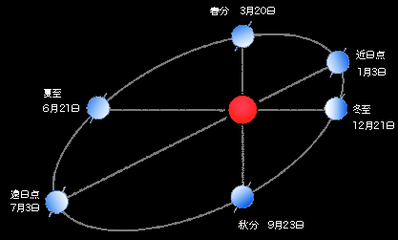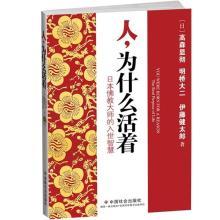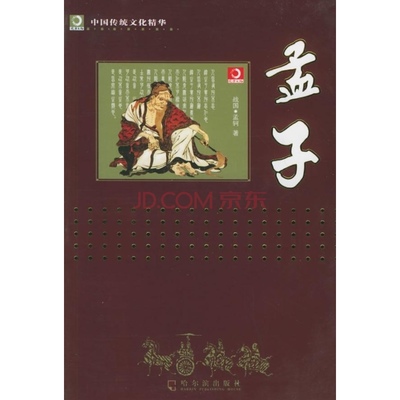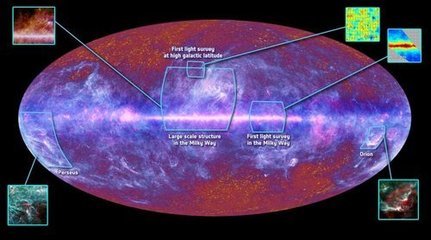
昨天讲了春分,有朋友希望讲一下夏至、冬至。这里最关键的是“至”的概念。
汉语里说什么东西“至少”多少钱,某人是“至交”、“至亲”,其实这里的“至”就是“最”“极”。
Sunday 是星期“日”,其实是 day of thesun(太阳日)。
sun 对应的词根是 sol,sol与 sun 的 l 和 n分别来自后缀 -el 和 -en。二者是同源词根。
station 是“站”,词根是stat。“站”着就会停着不动、“静止”。
stit 是词根 stat 的变体
现在来看对应的词:
solstice/ˈsɒlstɪs/(来自拉丁语solstitium,即sol太阳,stice = stit站 + -ice 抽象名词、具体名词后缀;the standingstill of the sun太阳“站着不动”即处于静止也就是到达极点→一年中太阳离赤道距离最远的两次中的任何一次→)
n. either of the two times of the year atwhich the sun reaches its highest or lowest point in the sky atmidday, marked by the longest and shortest days 至(点);(夏或冬)至
thesummer/winter solstice
夏至;冬至
夏至(summersolstice)这天,太阳直射地面的位置到达一年的最北端,几乎直射北回归线,北半球的白昼达到最长,黑夜最短。,
冬至(wintersolstice)日太阳直射南回归线(又称为冬至线),阳光对北半球最倾斜,北半球白天最短,黑夜最长。
Thedays begin to draw in after the summer solstice.
夏至之后白天开始变短。
Thedays begin to draw out after the winter solstice.
冬至以后,白天渐渐变长。
The days get shorter after the SummerSolstice.
过了夏至,天就开始变短。
solar/ˈsəʊlə(r) / (sol太阳,-ar形容词后缀,表示属于…的,具有…性质的)
a. 1. of or connected with the sun太阳的
2.using the sun's energy 太阳能的
Solar power is obtained from the sun'slight and heat.
微信订阅号:ETYMODOM
 爱华网
爱华网



